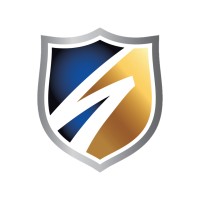
Swift Transportation
Swift Transportation is the largest full-truckload motor carrier in North America. Based in Phoenix, Arizona, the Swift terminal network includes over thirty full-service facilities in the United States and Mexico. Swift provides a full line of service solutions, including linehaul, flatbed, intermodal, refrigerated, dedicated and logistics management. Swift also offers careers in operations, finance, account management, shop mechanics, human resources, payroll, and many more. Swift offers more than just a career - Swift is family. Want to join our team? https://www.swifttrans.com/careers Want to be a Driver? Apply Now! driveswift.com






